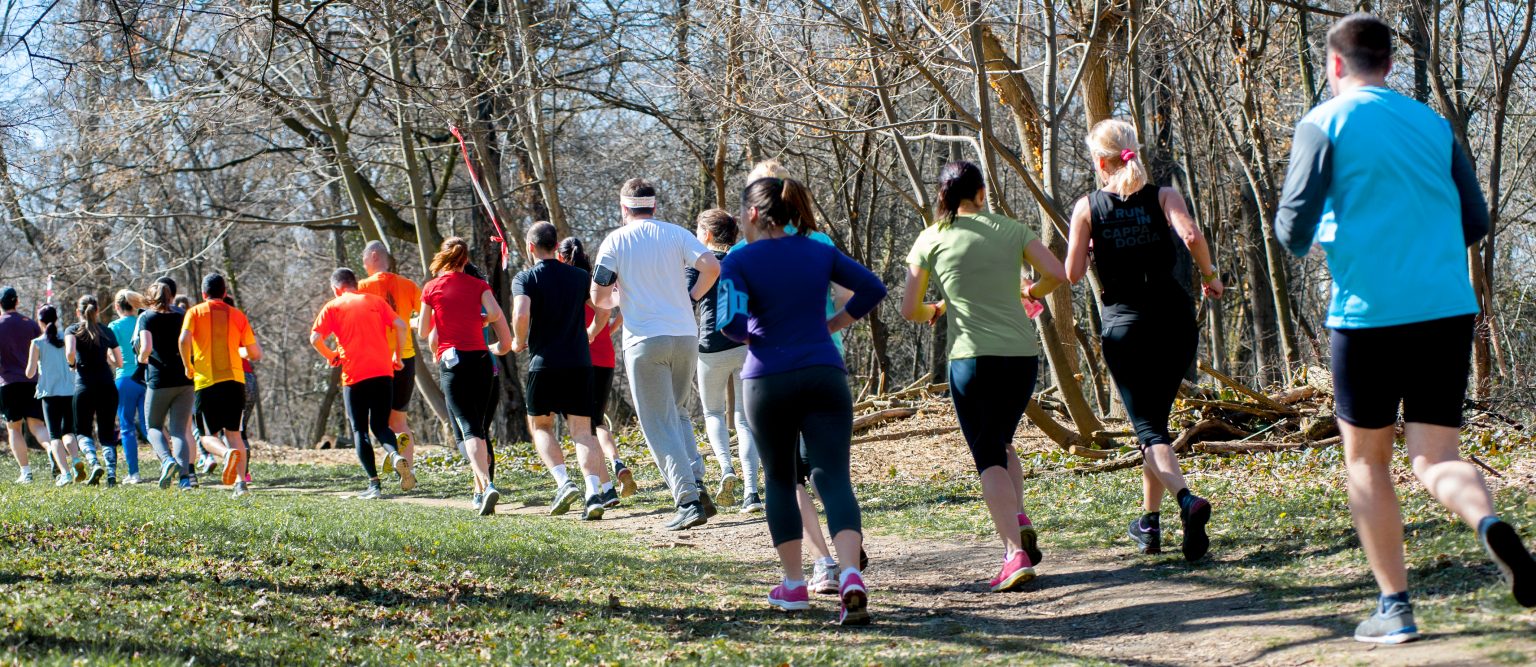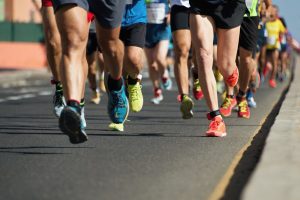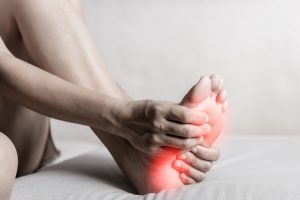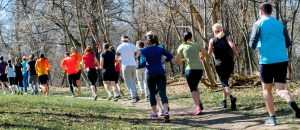Do you have a tight muscle when you run or afterwards? You stretch and stretch, but it doesn’t get any better! Here’s what you need to know… but first, some background.
Why is stretching important?
Generally, there are four cases in which people stretch.
- During a warmup to prepare for exercise.
- During a cool down to avoid muscle stiffness.
- To improve flexibility by increasing the length of muscle fibres.
- To reduce pain and recover from injury.
It’s the fourth point which we’re most interested in for this blog – how can we reduce pain and recover more efficiently when experiencing tight muscles or pain.
What are ‘tight’ muscles?
After running, you might feel a ‘tight’ muscle for a few reasons. Two of the most common are:
Lactic acid build-up
Increased blood flow to a muscle during or after a workout will present as a feeling of ‘tightness’, due to a build-up of lactic acid. This feeling will normally reduce over the next few hours. This is a natural metabolic process (part of your metabolism) which occurs during rest. Utilising breathing techniques and making sure you are well hydrated may help in reducing the effects of lactic acid build-up.
Delayed onset muscle soreness (DOMS)
Delayed onset muscle soreness is another process which results in your muscles feeling ‘tight’. It’s caused by micro muscle tears and changes to your central nervous system. Stretching is likely to have a positive effect on the severity and time scale of DOMS if completed straight after the exercise. You may need to see a specialist to determine if you have Delayed onset muscle soreness, and/or which exercises would be most effective for your recovery.
What can you do if a tight muscle doesn’t get better?
In a situation where your tight muscle does not get better in a few hours, like lactic acid build-up, or stretching has not had an impact on delayed onset muscle soreness, you may require additional support.
If you are experiencing a ‘tight’ feeling in one muscle, one side of your body, or the tightness just won’t disappear, it is likely that you are experiencing an overload issue. To explain what we mean by an ‘overload’, we’ll use an example you’ll be familiar with – your skin.
When we have a graze or abrasion it may be natural to rub it, or even pick at it – but it’s stopping your body from healing naturally. Stretching or tugging at a mild injury is the same process, it is not giving the injury time to settle. This is similar to an overload injury, where continued stretching and exercise will prevent recovery, or possibly make the condition worse.
So what can you do?
- Test your muscle strength before and after a run (see a physiotherapist if you don’t know how or don’t have the tools – we’d much rather you see a specialist than guess and a minor condition turns into a lasting injury). This will help to determine how well the joint or muscle is functioning, if there are any training needs or rehab plans that can help improve performance, and reduce the feelings of tightness you’re experiencing.
- Short periods of rest may be helpful. Try to stay active using activities where you don’t feel the same tight feeling (also known as active rest). Swimming and gym activities could be a good option depending on the location of your tightness. By giving the joint or muscle time to recover without reducing performance, you will likely find that your tightness and/or pain has reduced when you start running again.
- Some cases require strengthening of the area that is becoming fatigued to manage the workload you are demanding of your body. Often the tightness occurs due to the muscle and tendon not managing the capacity of longer, frequent runs. Strengthening can help solve the problem on a lot of occasions. Speak with a personal trainer or specialist physiotherapist to get an exercise plan to support this process.
- Don’t poke the bear! Over stretching, deep massage (or massage guns), and ice may impact your body’s natural recovery process. Take the advice of professionals and specialists if you are unsure about any part of your recovery. Not only will this give you the best chance to recover fully, but you are more likely to get back to full fitness sooner.
For more information about how you can improve recovery, or to develop your own recovery plan – get in touch with our team of specialist sports physiotherapists.
Author: Dominic Moon, Pure Physio Sports Lead (North) and Specialist MSK Physiotherapist







